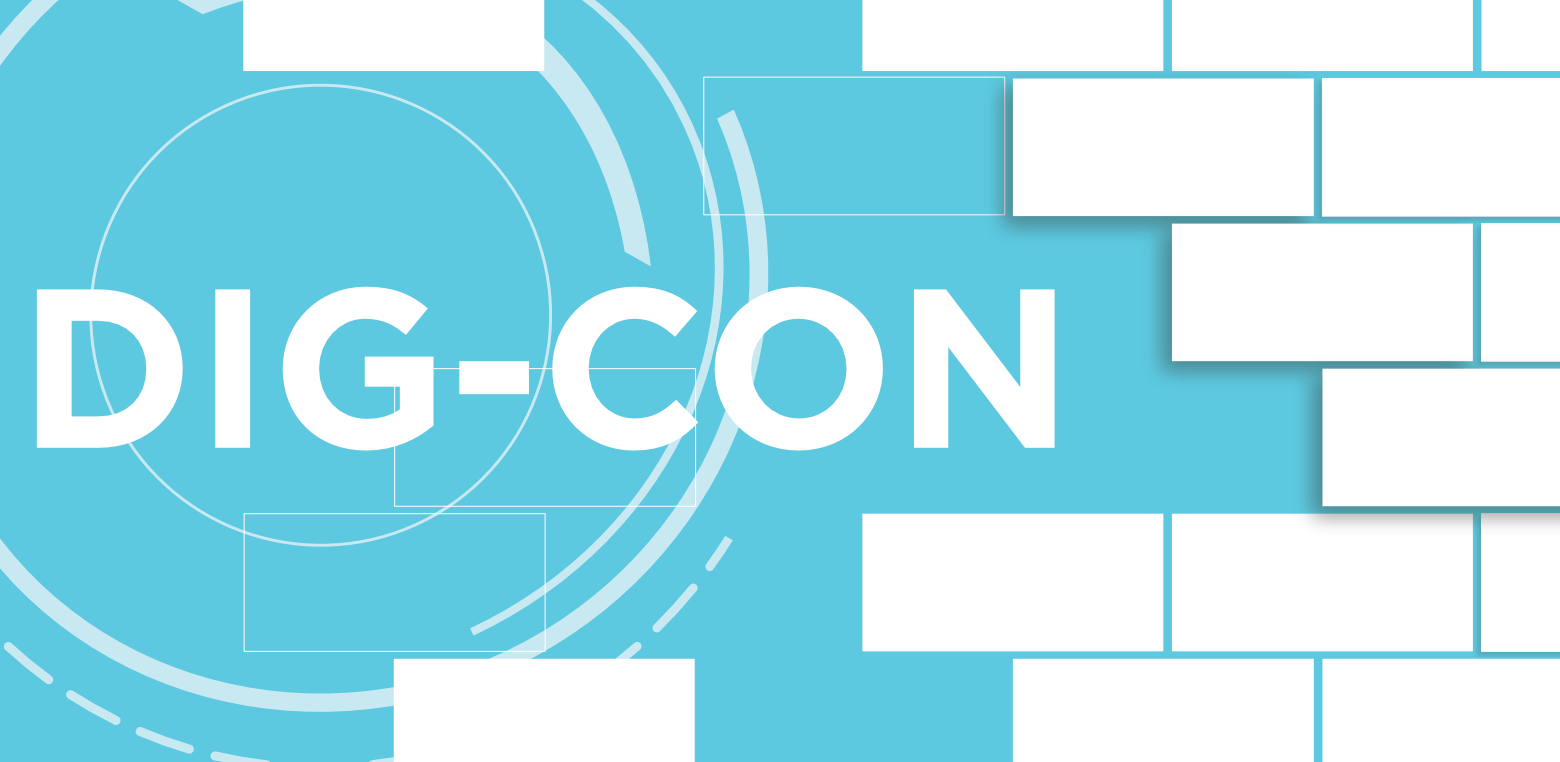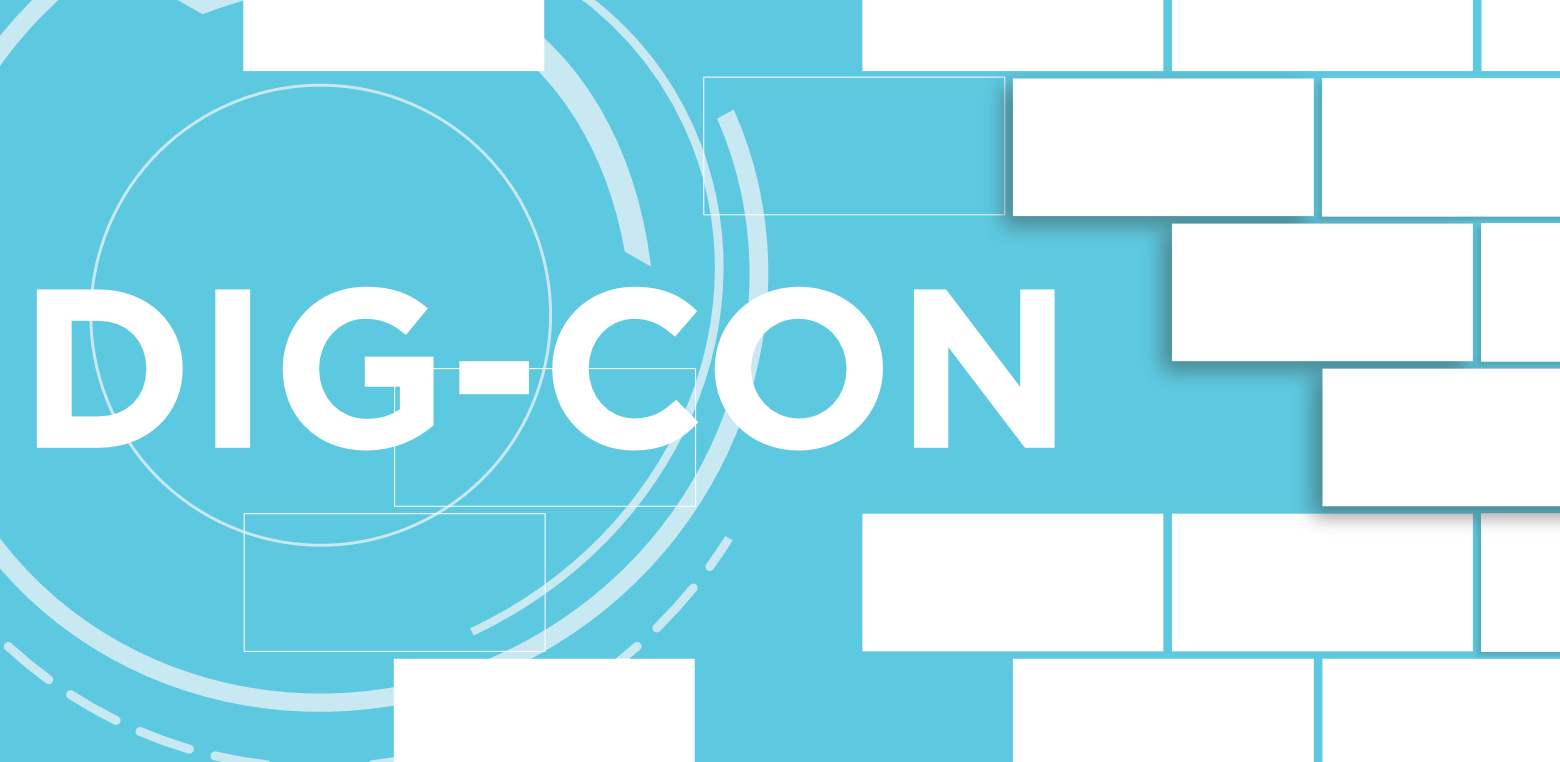

Result 3: Digital additional qualifications for the construction and finishing trade
The result “Digital additional qualifications for the construction and finishing” aims to address the lack of digital skills in the construction sector. Currently, digital technologies are underutilized in small and medium-sized enterprises (SMEs) in this industry, and training in their use is missing from both vocational school curricula and company training programs. This has resulted in a significant digital skills gap among young professionals entering the field.
In response, this result focuses on developing a comprehensive educational program to provide digital additional qualifications. The program, structured into modules based on the European Digital Competence Framework (DIG COMP), includes 60–80 hours of instruction per module, with content that ranges from basic to more advanced digital skills. The program will be conducted in a dual system, blending classroom learning with practical, hands-on experience in companies.
A significant feature of this result is its contribution to making careers in construction more attractive by offering young people the opportunity to acquire recognized digital qualifications alongside their vocational training. This added value aims to attract more motivated and high-achieving students to the construction sector and helps meet the urgent need for skilled workers.
The program is designed for both young trainees and older professionals seeking to upgrade their skills. It is also highly adaptable for further education and transferable across different educational systems, though some adjustments may be needed for implementation outside its original context. The curriculum includes an official examination system, with successful participants receiving a formal certification in digital construction technologies, recognized both nationally and internationally.
Through this result, the project seeks to enhance the appeal of construction careers and strengthen the digital capabilities of professionals in the sector, helping SMEs to keep pace with the ongoing digital transformation.


Funded by the European Union. Views and opinions expressed are however those of the author(s) only and do not necessarily reflect those of the European Union or the European Education and Culture Executive Agency (EACEA). Neither the European Union nor EACEA can be held responsible for them.